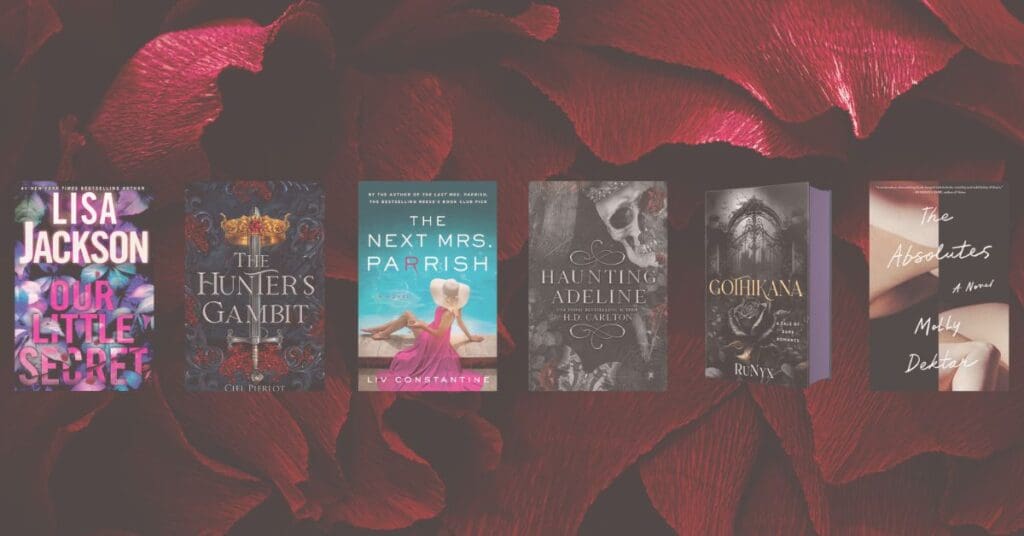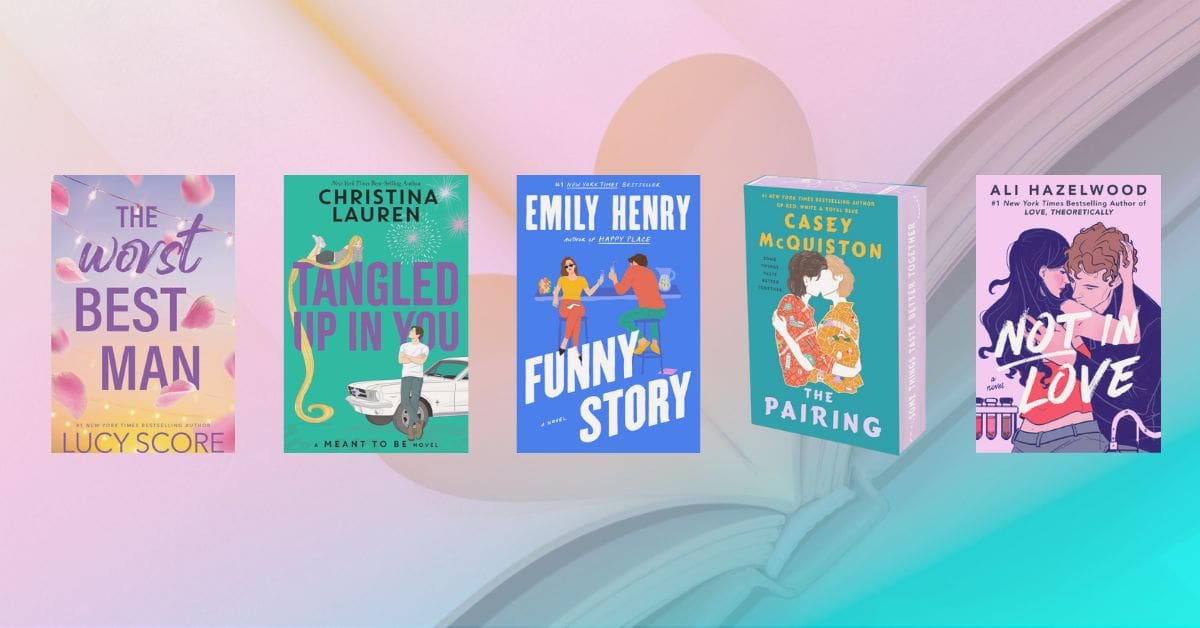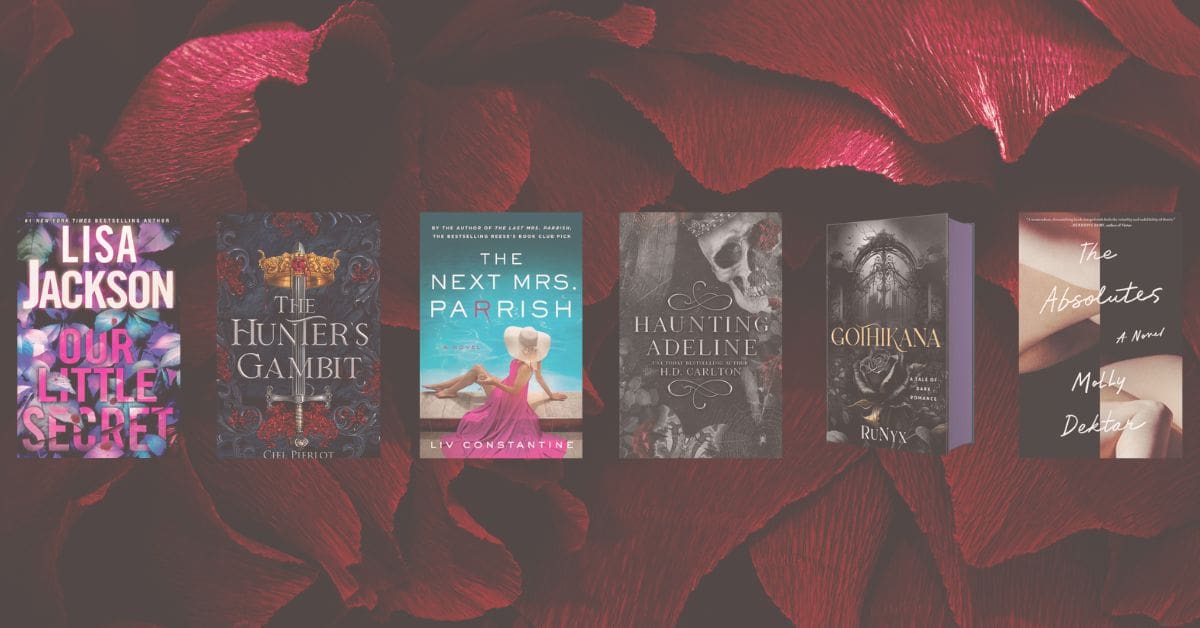Should you publish poetry in a literary magazine or on Instagram?
If you ask a college professor or an MFA graduate how to get your poetry published, they will tell you to submit to a literary magazine. If you ask a successful Insta poet, they might say to publish it on Instagram. But which is the best way to get your work out there?
The world of poetry has changed. Social media allows anyone to publish poetry on their own accounts and engage with an audience eagerly waiting for new posts. Many in the literary world are extremely critical of Instagram poets because of the style and availability of the poems. Some even claim it isn’t real poetry – we all know that isn’t true.
But if you are an aspiring poet looking to get your work published, what should you do? Both Instagram and literary magazine can lead to publication. Well, here are some pros and cons to each, so you can determine the right path for your poetry.
Literary Magazines
Before the days of Rupi Kaur, the best way for a poet to have their work read would be to submit to a literary magazine. There are a lot of magazines across the country and editors see hundreds of poems for each issue. Many are funded by universities and are run by people well-known in academic circles. Being published in the most coveted literary magazine means that you were a poet worth reading, especially in the eyes of the literary elite.
Pros
Publishing a poem in a literary magazine gives you plenty of street cred, especially amongst the academic and publishing houses. These industries think that if an editor chose your poem to publish, then it is worth something.
Having your poems in literary magazines will help you get into an MFA or MA program. Again, academics love literary magazines.
A literary magazine publication will also help you participate in writing conferences or work in writing seminars. Especially if you want to discuss topics that aren’t related to the poetry of social media.
You will stand out to publishers after publishing poems in a literary magazine. So when you want to publish a chapbook or poetry collection, you will show that people in the industry believe that your work is worth printing.
Cons
It can seem intimidating or confusing at first. Getting published in a literary magazine is so much more than just writing a poem and sending it in. Generally, magazines accept poetry, but not every poem belongs in every magazine. So, you have to research which ones best fit your style, theme, and aesthetic. Figuring out where to send your work is only the beginning.
It can cost a lot of money. You might think publishing poems will lead to an influx of cash but that isn’t true for literary magazines. In fact, the opposite is true. Because most of the magazines are run by universities, they work with small budgets. This means you will have to pay a fee to submit your work.
It can take what seems like FOREVER to know if your poem is being considered for publication. Despite the fact that magazines only accept submissions a few times a year, thousands of writers submit their work and the magazines usually have small, sometimes volunteer staff. This means that your beloved poem might be sitting in an editor’s inbox for months before they even look at it.
*Bonus con: Literary magazines have a problem with writers submitting the same poem to multiple magazines at once. So, even though they take a long time to get back to you, you can’t send it to more than one at a time. Also, you typically aren’t allowed to submit any poems that have been previously published – that includes on your social media.
Poetry has been making a comeback thanks to Instagram. We all know and love a good, short, but poignant Instagram poem. Each one speaks to us. Each one makes us feel seen. Because of this, Instagram poems and poets are rising and becoming successful voices for this generation. Poetry has an audience and it is online.
Pros
You decide what poems are published. When you submit to a magazine, you can choose what you submit, but someone else gets to determine if that poem is “worth publishing.” On Instagram, you can decide and your audience and give you instant feedback.
Engaged audience. Your followers come to your page to read your work. Your follower count is a representation of how many people have discovered you and want to continue to read what you post. You can build a welcoming community around poetry that is there for your work.
Make your poems your own. If you want to add art or photography to your poems, then you have the ability to do that on social media. Literary magazines are less likely to make that accommodation. This makes your poems unique, personal, and allows readers to experience them in their true form.
Notice from publishers. While having your work in a literary magazine will also pique the interest of a publisher, having a large audience on social media will also make an impact. Publishers may be willing to take a chance on your work because you have an engaged audience who are willing to purchase your book.
Cons
Criticism. While all writers face criticism, insta poets might get more than their fair share. The “literary elite” aren’t ready for Instagram poetry – they are still hanging on to the old ways. Some people might not consider your poems “real poetry” unless they are published, and that sucks for them.
Less “street cred” for MFA programs, conferences, and seminars. If you hope to work in academia or participate in conferences, then there may be some gatekeeping if you aren’t published in a literary magazine. Again, this is all about finding the best path for you and your dreams.
Lost in the crowd. Online poetry is booming right now, which is great, but it means it can be hard to stand out. To stand out against the other poets, you have to work hard to build an audience. You have to build your brand. You have to be consistent.
Previously published work includes poems on your social media. If you want to try to do both Instagram poetry and publishing in a literary magazine, give it a go! Just remember that most magazines will not publish poetry that has been published on social media.
Conclusion
Neither option is perfect. When it comes to whether or not you should submit to a literary magazine or create your own space as an Insta poet, it comes down to you. Are you willing to put in the work? What are your short-term and long-term goals? Are you willing to put up with the cons alongside the pros?
Either way, your work is worth sharing with the world. So, put it out there. We are here to help. Who knows who will read it? Who knows what might happen?
To stay up-to-date, make sure to keep an eye out for more of little infinite’s featured content as we celebrate poetry, books, and this beautiful hot mess we call life on Instagram and Twitter.
Photo by Glenn Carstens-Peters on Unsplash













